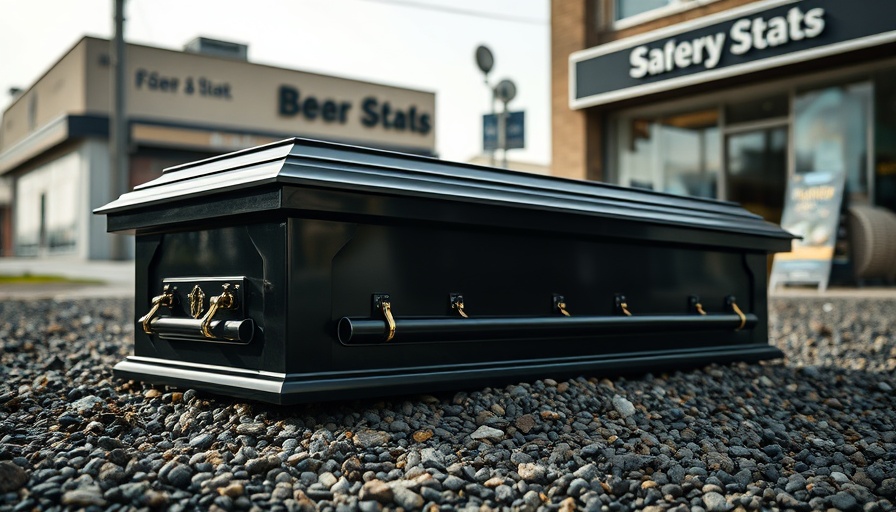
Unpacking the Bizarre Cereal Theft Incident in Memphis
In a remarkable and somewhat bewildering case, Memphis police arrested a man, John Woods, 24, on charges related to a theft that involved over $60,000 worth of cereal. This incident has raised eyebrows not only due to the staggering value of the items stolen—an astounding quantity of cereal—but also because it reflects broader issues around theft, property crime, and public safety in urban areas.
A Close Look at the Events Leading to Arrest
On June 8, 2025, Memphis police were called to respond to a stolen tractor-truck in the 1200 block of Jackson Avenue. The vehicle, a 2022 Freightliner Cascadia, was reportedly parked in a lot when the owner discovered it missing. Further complicating matters, security personnel from J.B. Hunt reported that their container and chassis had also been stolen, with damage caused to facility fixtures exceeding $10,000.
By June 9, the Shelby County Sheriff’s Office tracked the stolen J.B. Hunt container to the 4200 block of Hacks Cross Road. Upon arrival, deputies encountered individuals inside the trailer; however, as they approached, those inside fled the scene. Notably, Woods was found hiding in the sleeper cab, surrounded by six boxes of cereal he had removed from the container. His arrest culminated in multiple charges, reflecting the serious nature of property theft.
Understanding the Broader Implications of Theft
This incident serves as a case study in exploring crime trends within urban settings. Property theft, including vehicles and valuable goods, is not uncommon in cities across America. However, the dimension of this particular case raises questions about the motivations behind the crime, the safety of commercial goods, and the implications for local businesses.
The significant value of the stolen items showcases how even seemingly mundane products, like cereal, can represent substantial financial stakes. The loss not only affects the immediate business involved but may ripple through the local economy by impacting supply chains, pricing, and community trust.
Impact on Local Communities: Property Safety and Business Trust
For homeowners and local business owners in the MidSouth, incidents like this can breed a sense of insecurity. It also amplifies concerns related to property damage and theft in their neighborhoods. The public often questions the safety of commercial and residential areas and may feel inclined to increase personal security measures, thus reshaping the local economic landscape.
Investing in better security infrastructures, such as surveillance systems and community vigilance programs, may help alleviate some fears. However, public discourse surrounding crime prevention strategies must be balanced, focusing on solutions that promote community safety without fostering undue fear.
Lessons and Future Considerations
As this incident unfolds, it highlights necessary preventative measures and the consideration of social factors contributing to crime. Community outreach programs that address economic hardships can play a pivotal role in reducing crime rates. By fostering environments where locals can thrive and earn a living, cities like Memphis can address the roots of theft and property damage.
Furthermore, this case is emblematic of a growing need for collaborations between law enforcement, local businesses, and community organizations to build trust and ensure that citizens feel safe in their neighborhoods. The implications of property crimes extend beyond mere financial losses—they have the power to shape community narratives profoundly.
Conclusion: A Call to Action for Community Engagement
As residents of the MidSouth contemplate the repercussions of such property crimes, there is an opportunity for collective action to ensure neighborhoods remain safe and secure. Engaging in local initiatives that promote safety and support struggling communities could cultivate a more robust neighborhood network. Empowered residents can make a difference in enhancing their local environment.
By taking an active role in local safety programs and security initiatives, homeowners in the MidSouth not only protect their property but also contribute to the vitality of their communities. Investing in neighborhood watch programs or community safety forums might help in reducing the risk of theft and vandalism in the future.
 Add Row
Add Row  Add
Add 



 Add Row
Add Row  Add
Add 
Write A Comment